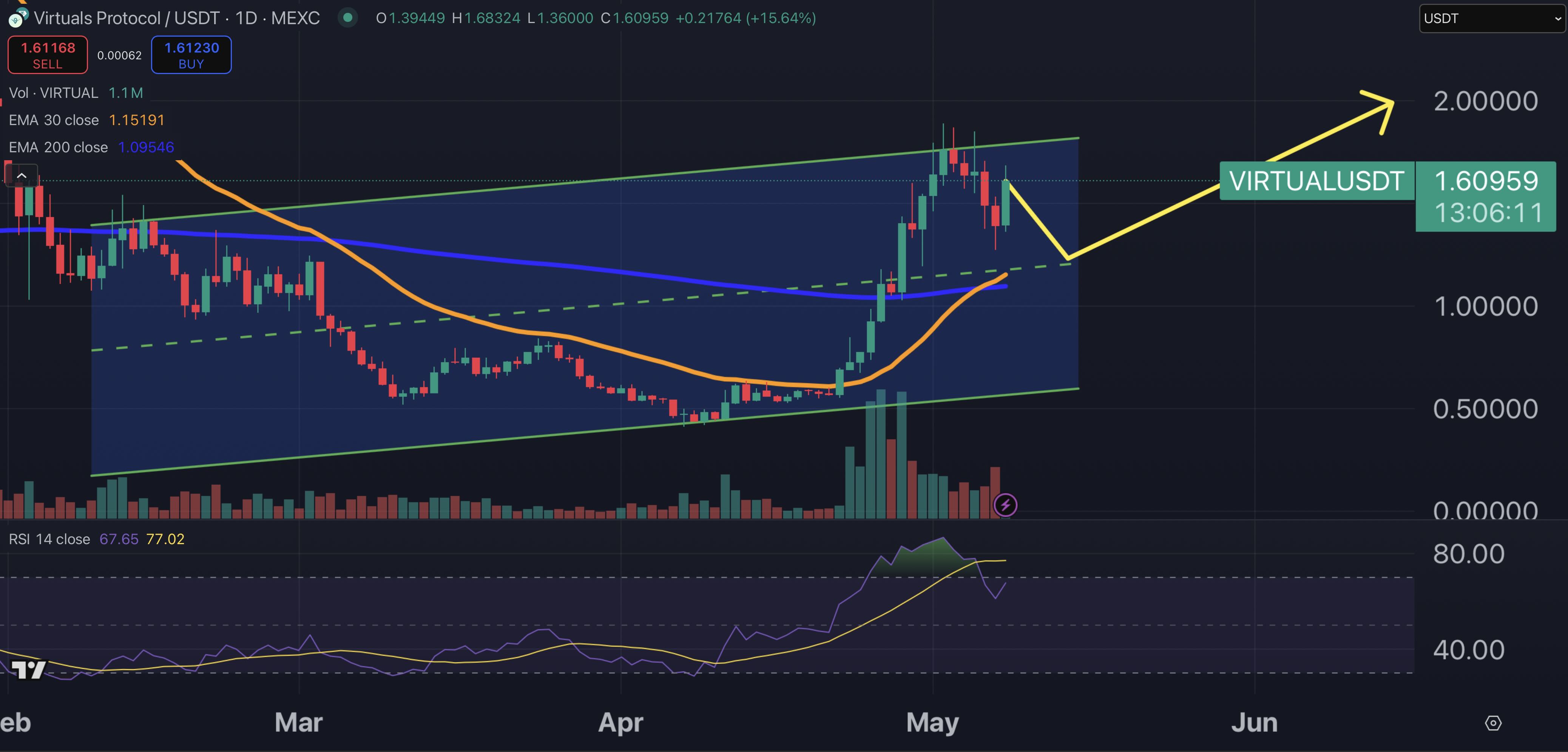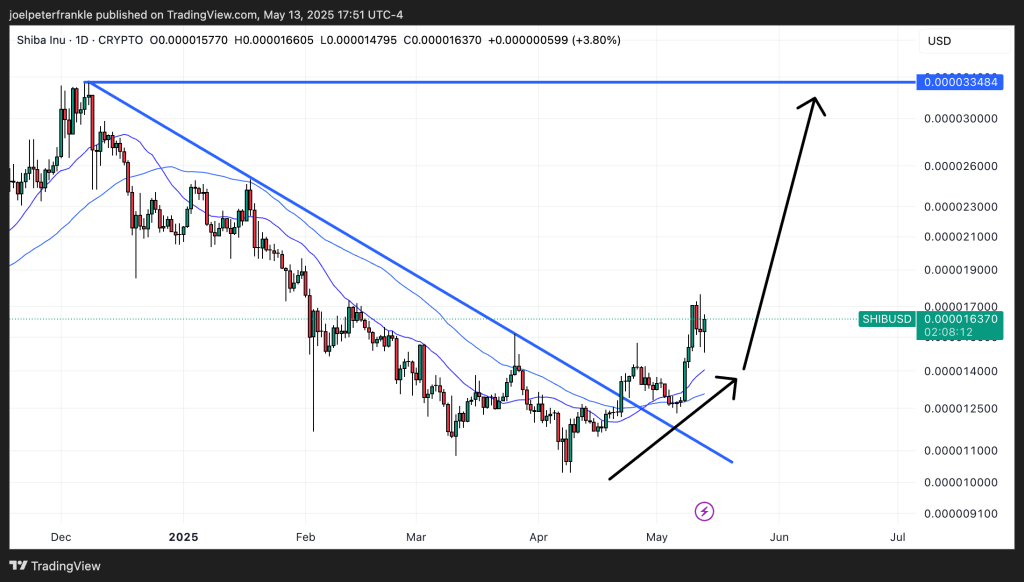Uncertainty “looms” large over the American workplace today, analysts with professional services firm Marsh McLennan Agency recently wrote in the organization’s annual Employee Health & Benefits Trends report. From politics to the economy and the environment, employers will face “daunting challenges” keeping up with large-scale changes coming at an unprecedented pace and driving new trends in employee benefits.
“However,” they write, “with each new challenge comes a new opportunity for innovation.”
To that end, Marsh McLennan highlighted four trends having an outsized impact on HR and benefits spaces that, when responded to strategically, can drive business innovation.
1. The generational gap
The five generations currently in the American workplace mean that “multi-decade age gaps between employees are increasingly common,” the report authors write.
This is necessitating new benefits design strategies, with a particular focus on flexibility, says Kate Moher, president of National Employee Health & Benefits at Marsh McLennan Agency. For instance, voluntary benefits that appeal to workers across age demographics can ensure an employee value proposition that speaks to a diverse population.
HR and benefits leaders must understand how each generation engages with “benefits, career growth and workplace culture” in order to build trust and drive retention, she says.
“Communication is just as critical,” Moher adds. For instance, Baby Boomer employees may look for in-depth benefits resources, while Gen Z workers gravitate toward digital, on-demand content.
HR and benefits leaders shouldn’t see these differences as divisive but rather recognize their potential to help the workforce grow. For instance, workers across generations should be encouraged to share knowledge and skills through mentorship and reverse mentorship programs, Moher notes.
2. AI in HR revolution
While AI is being integrated across enterprises, HR is among the functions seeing the most impact, report authors write.

Yet, embracing AI in HR isn’t just about automating tasks, says Amy Letke, national HR consulting practice leader.
“It’s about unlocking the potential of our greatest asset—people,” she says.
That means HR and benefits leaders must envision a future where “data-driven insights empower us to foster deeper connections, enhance employee experience and cultivate a culture of continuous growth,” Letke says. This requires a strong connection to empathy and a goal of innovation in order to transform HR into a “strategic partner that champions both human and technological advancement.”
3. Rising healthcare costs
Healthcare costs are expected to rise 5.8% this year, according to Mercer, marking the third consecutive year of record spikes.

To address rising healthcare costs, HR and benefits leaders must “truly understand what is driving the usage of care,” including the population of employees, their chronic health conditions and social determinants of health, says Dr. Monte Masten, chief medical officer at Marsh McLennan Agency.
“This journey begins and ends with data,” Masten says.
For instance, in the case of a national retailer facing challenges with employee mental health struggles—and the impact on employer costs—HR and benefits leaders must consider whether a certain population is driving the majority of costs. Look at where employees work, their tenure, the generational demographic they represent, social issues that could be at play—such as pay inequality, lack of access to care or stigma—and the quality of relationships with primary care physicians.
“Letting your detailed and granular data drive the development of targeted programs and communications is the key to mitigating high health care costs, regardless of the health condition,” Masten says.
4. Pharmacy pricing

For HR and benefits leaders concerned about rising healthcare costs, one key question centers on their organization’s relationship with their pharmacy benefits manager. There is a well-documented history of “long-standing opaque pricing” on the part of PBMs that has impacted employers’ ability to effectively manage pharmacy costs, says Rick Kelly, national pharmacy practice leader at Marsh McLennan Agency.
PBM pricing was recently the subject of two Federal Trade Commission reports and has been identified as a target of the Trump administration.
“As this shift in dynamics plays out, employers should consider implementing deliberate and strategic changes in their approach to pharmacy benefits,” Kelly says. This can include switching to a new PBM, adjusting their formulary or working with third parties on targeted cost-cutting plans.
“Employers should also re-examine their overall benefits philosophy and goals,” he adds, “so they can be intentional with their coverage decisions, particularly related to weight loss GLP-1s, high-cost gene therapy medications and their pharmacy plan’s overall employer/member cost ratio.”
Credit: Source link











